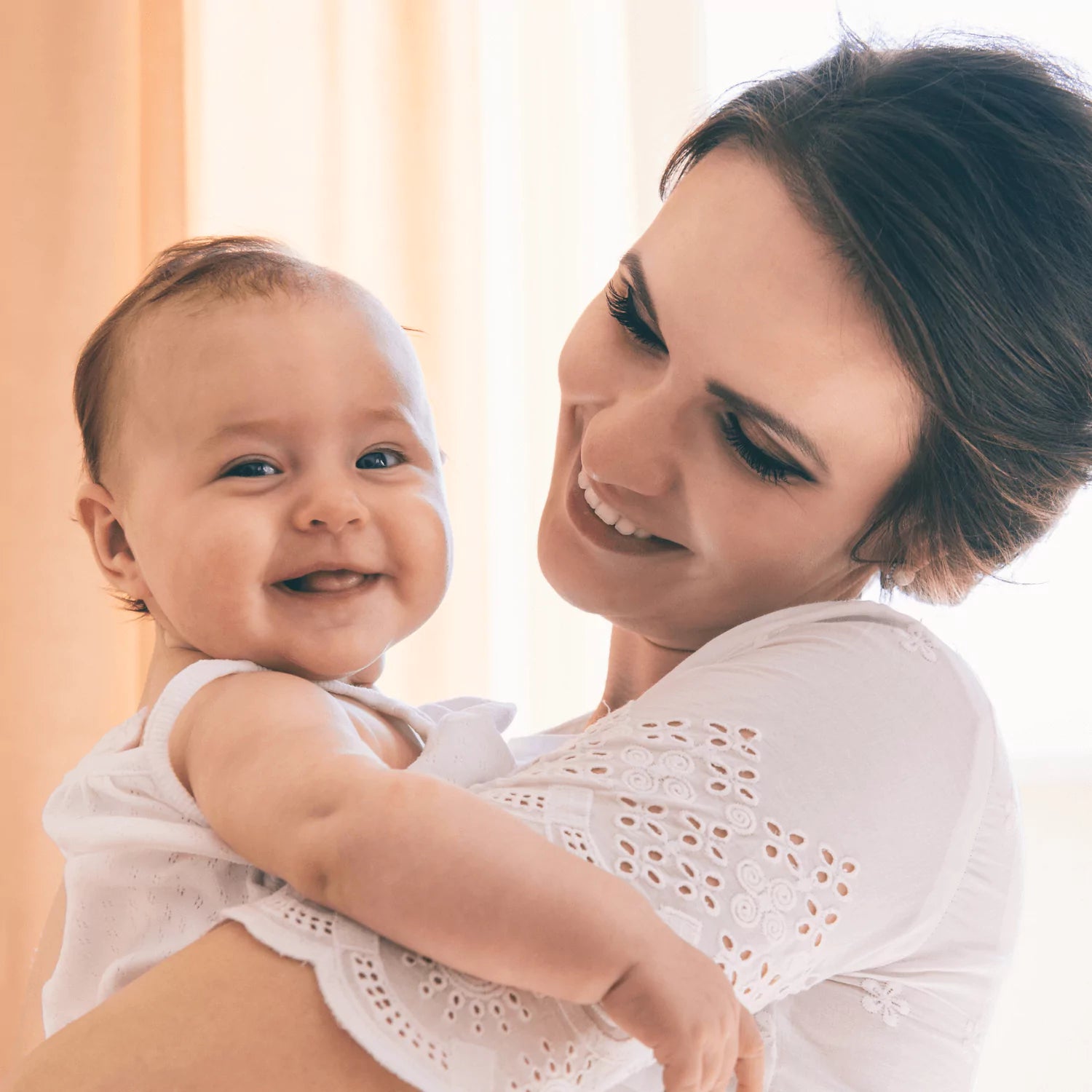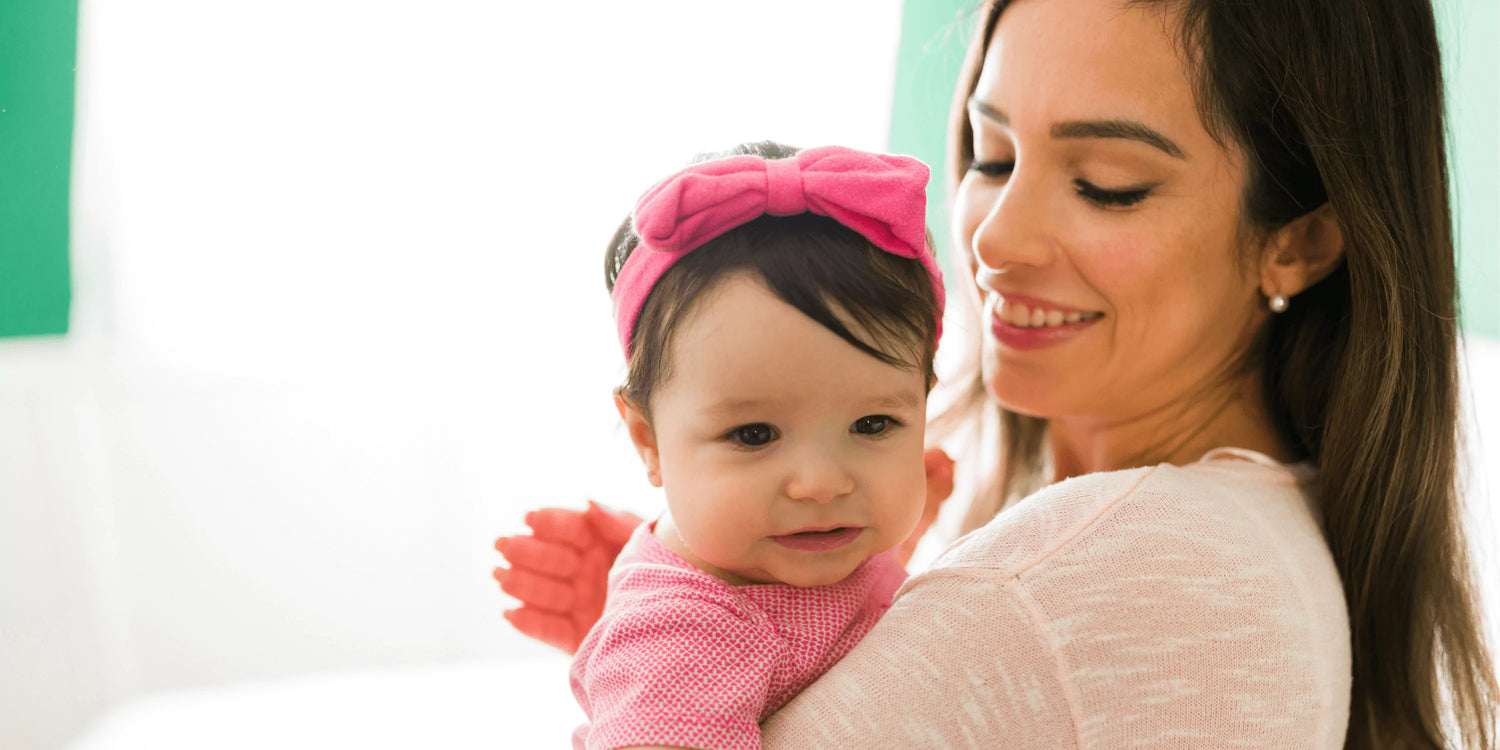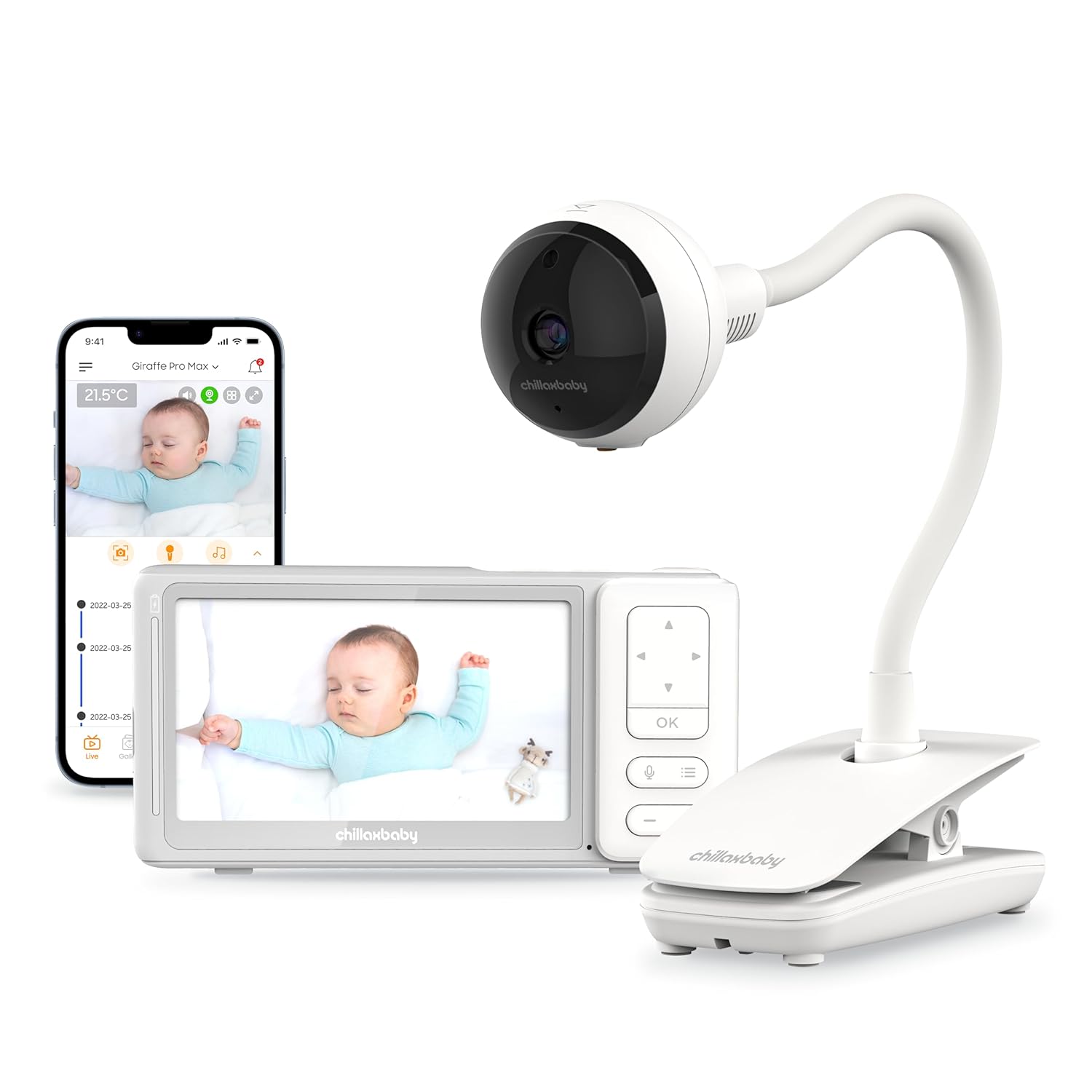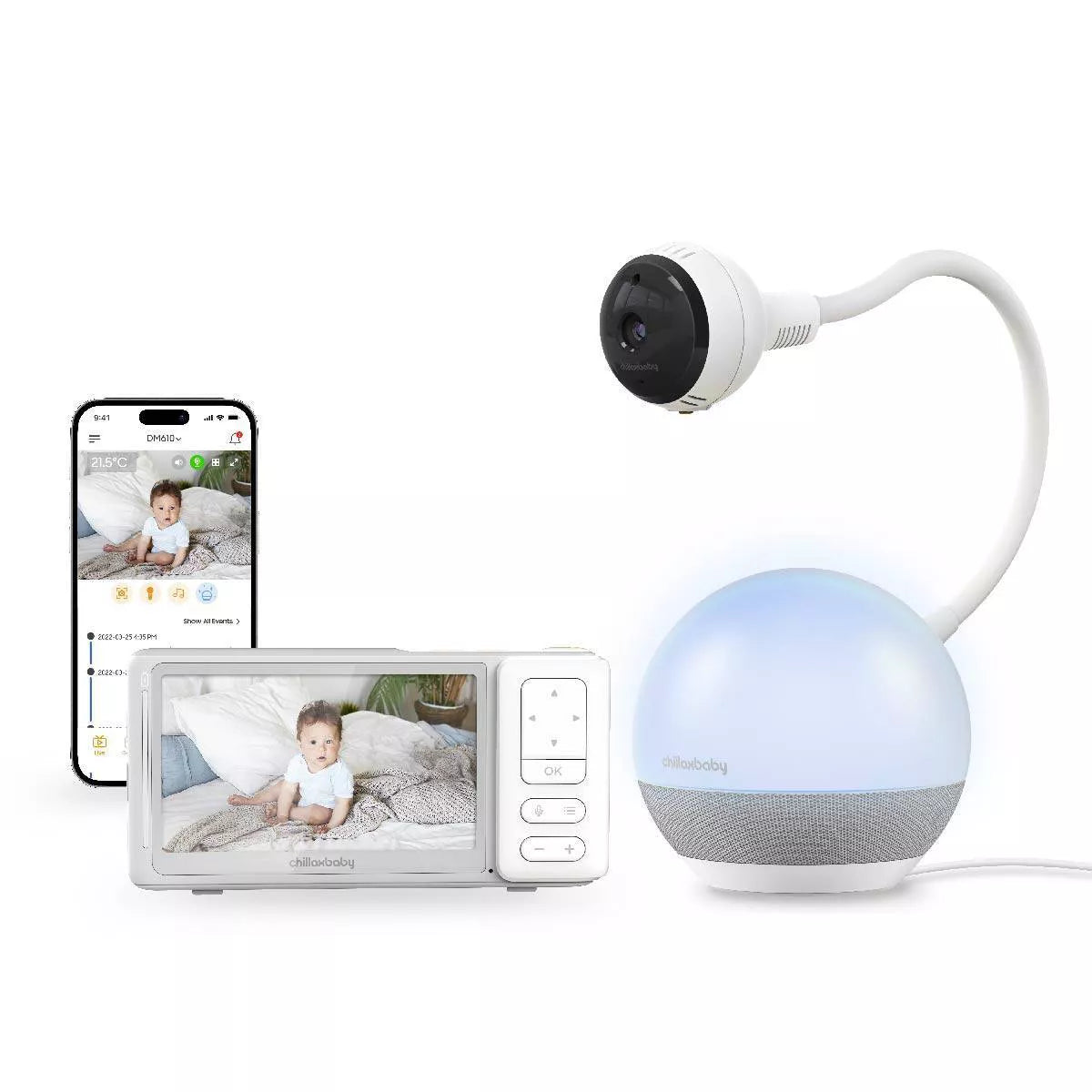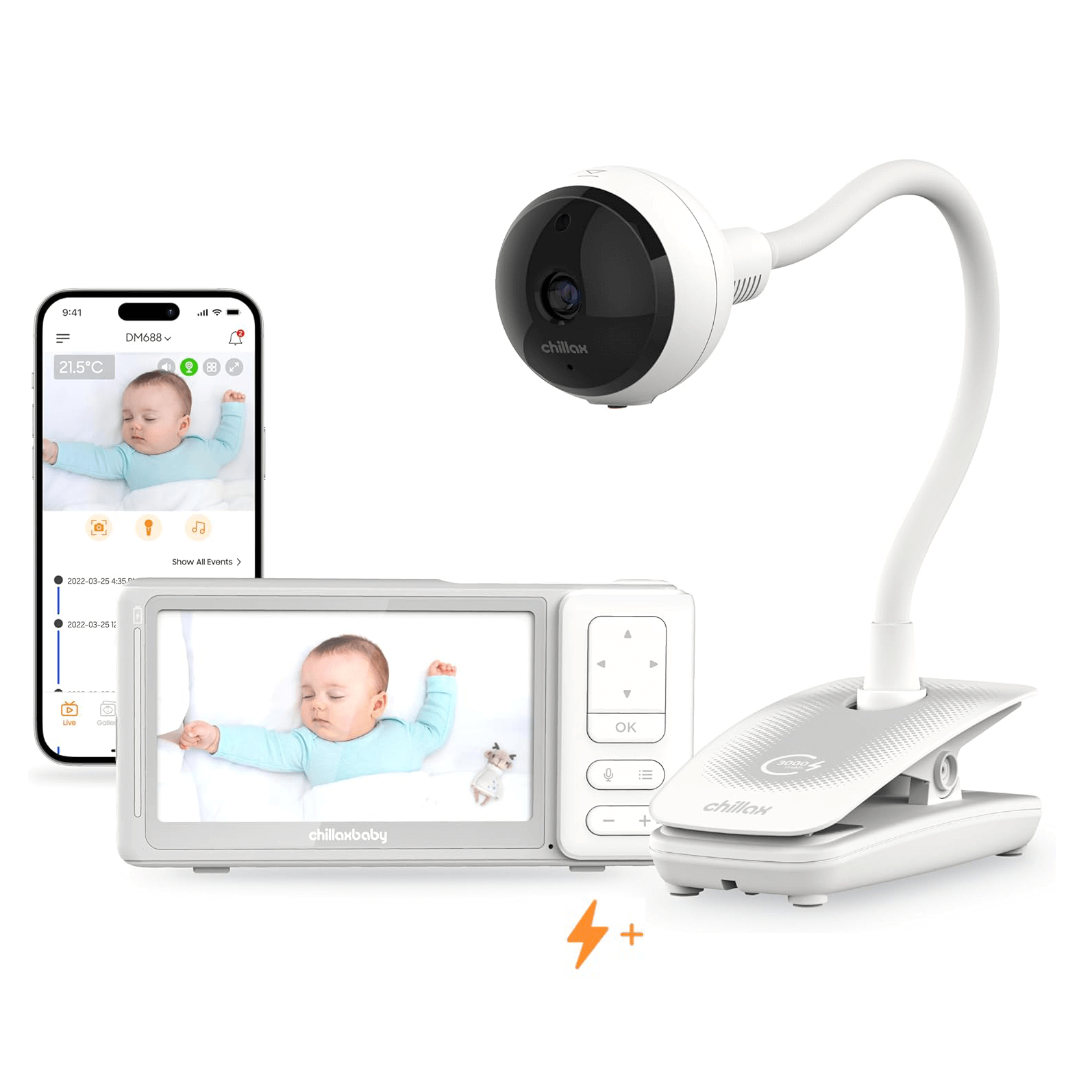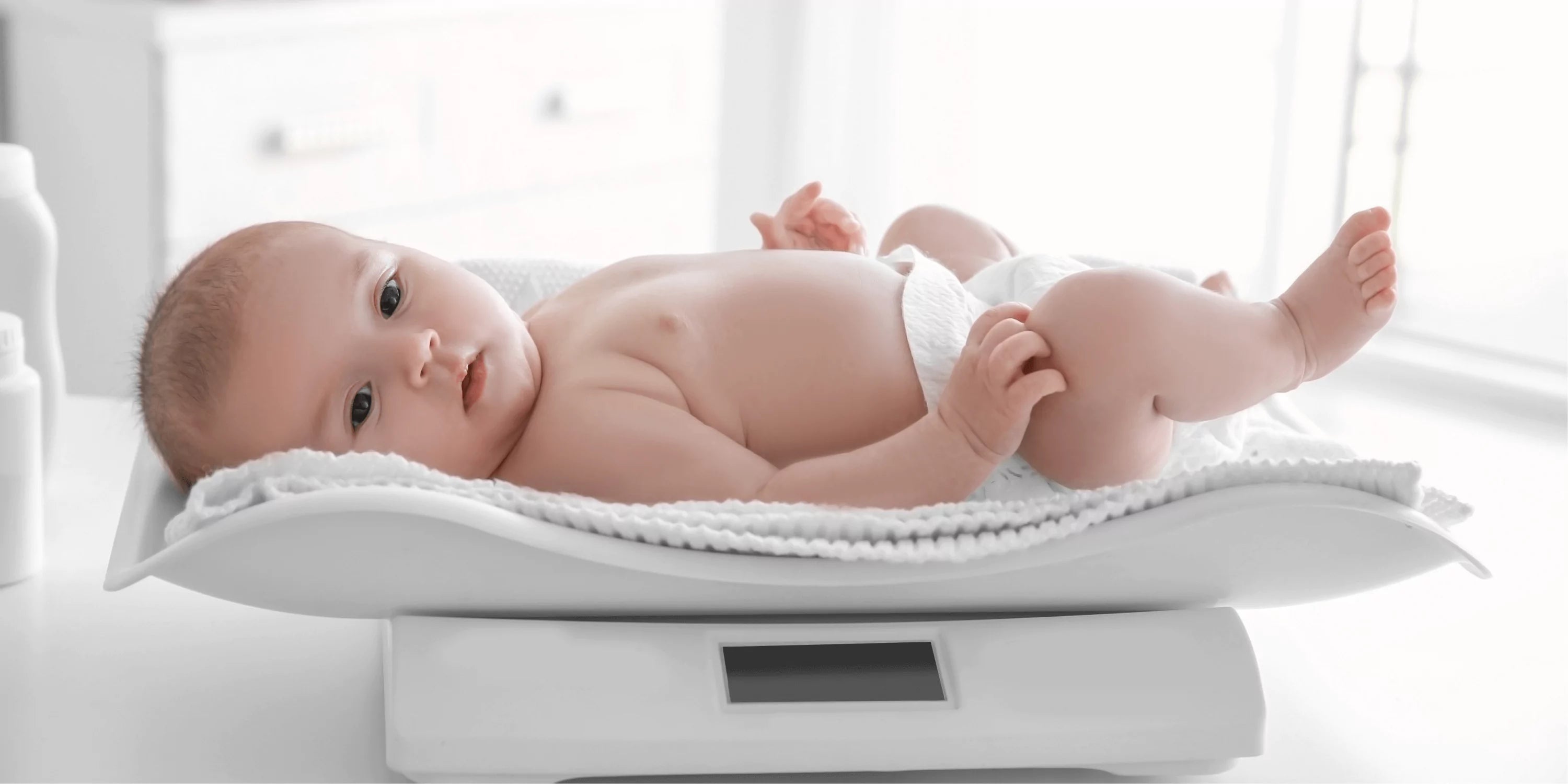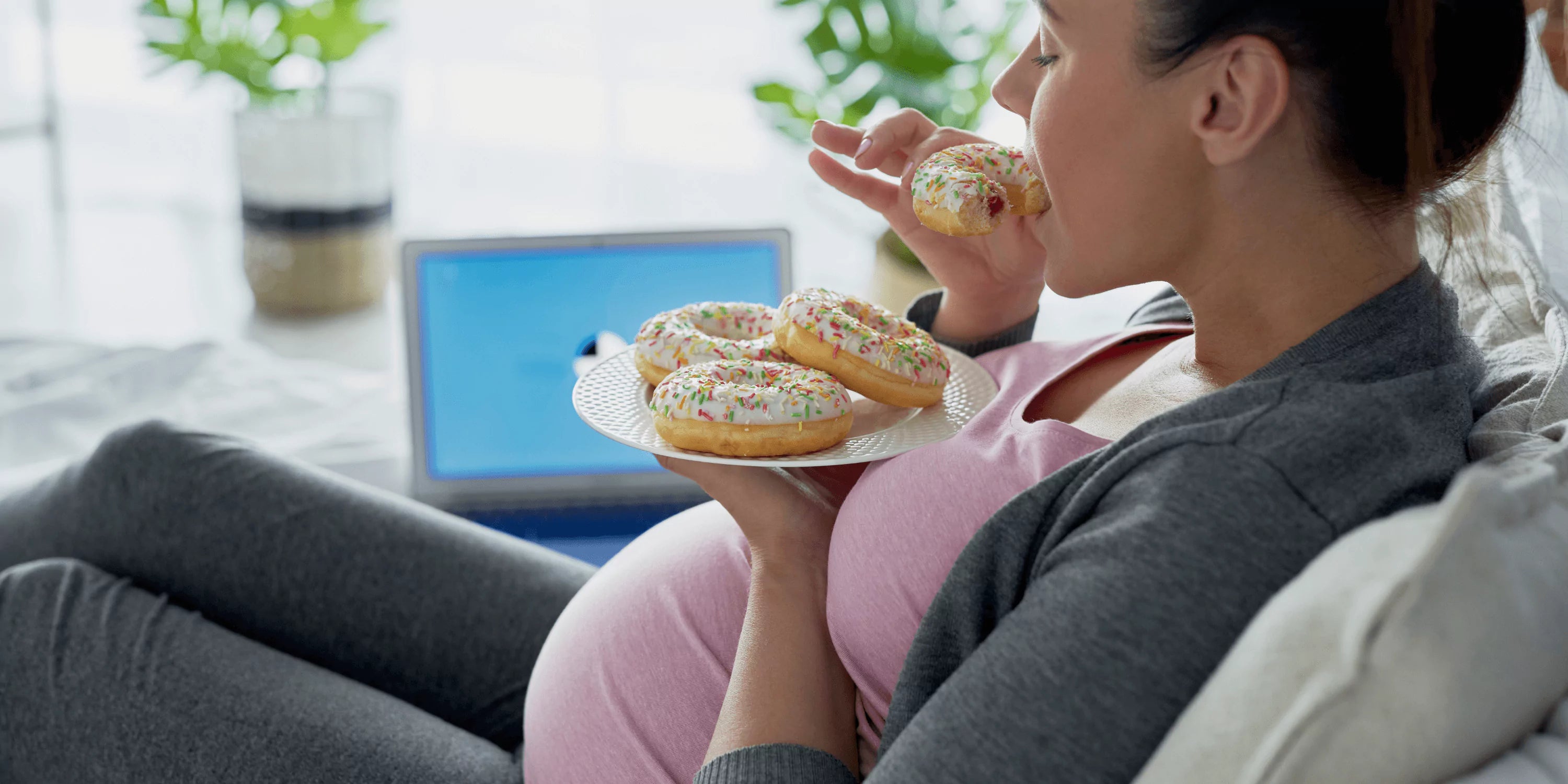As a new parent, one of the most common questions that may arise is whether it is okay to put your baby to sleep without burping. Burping is a common practice that many parents use to help their baby release any trapped air in their stomach, which can cause discomfort and fussiness. However, as babies grow and develop, their digestive systems also mature, leading to the question of whether burping is necessary for every sleep session. In this article, we will explore the topic of putting a baby to sleep without burping and whether it is safe and beneficial for both the baby and the parents.
The question of whether to burp a baby before sleep is not a simple yes or no answer. It depends on various factors, including the baby's age, feeding habits, and overall health. Some babies may need to be burped before sleep, while others may not. It's important to understand the role of burping in a baby's digestion and how it can affect their sleep. This understanding will help you make an informed decision about whether to burp your baby before sleep.
Understanding the Importance of Burping

Before we dive into the question of whether it is okay to put a baby to sleep without burping, it is essential to understand the importance of burping in the first place. When babies feed, they tend to swallow air along with their milk or formula. This air can get trapped in their stomach, causing discomfort and bloating. Burping helps to release this trapped air, providing relief to the baby and preventing any potential discomfort or fussiness.
Moreover, burping also helps to prevent spit-up and reflux in babies. When a baby is not burped properly, the air in their stomach can push the milk or formula back up, causing them to spit up. This can be uncomfortable for the baby and may also lead to frequent feeding sessions, as the baby may not have consumed enough milk or formula due to the spit-up. Therefore, burping is not just about releasing trapped air; it also plays a crucial role in ensuring that your baby is getting enough nutrition from their feedings.
The Role of Age and Development in Burping
As mentioned earlier, as babies grow and develop, their digestive systems also mature. This means that as they get older, they may not need to be burped as frequently as they did when they were newborns. Newborns have immature digestive systems, which is why they tend to swallow more air while feeding. As they grow, their digestive systems become more efficient, and they are better able to handle the air in their stomach without needing to be burped as often.
However, it's important to note that every baby is different. Some babies may continue to need burping well into their first year, while others may stop needing it much earlier. It's also worth noting that the type of feeding can also affect the need for burping. For example, babies who are breastfed tend to swallow less air than those who are bottle-fed, so they may not need to be burped as often.
Sleep Training and Burping

Another factor to consider when deciding whether it is okay to put a baby to sleep without burping is sleep training. Sleep training, similar to the Ferber Method, is the process of teaching a baby to fall asleep and stay asleep on their own. Many parents choose to sleep train their babies to help them develop healthy sleep habits and to get more rest themselves. However, sleep training may also affect the need for burping.
When sleep training, parents often follow a specific bedtime routine, which may include feeding the baby before putting them to bed. In this case, the baby may not need to be burped as they have already been fed and have had time to release any trapped air. Additionally, sleep training also helps babies learn to self-soothe, which means they may not need to be burped to fall asleep as they can calm themselves down. However, it's important to remember that every baby is different, and what works for one baby may not work for another.
Signs That Your Baby May Not Need to Be Burped
While every baby is different, there are some signs that may indicate that your baby may not need to be burped before sleep. These signs include:
- Your baby is older than six months: As mentioned earlier, as babies grow and develop, their digestive systems also mature, and they may not need to be burped as often.
- Your baby is able to self-soothe: If your baby can fall asleep on their own without needing to be rocked or fed to sleep, they may not need to be burped before sleep.
- Your baby does not seem uncomfortable or fussy after feeding: If your baby seems content and happy after feeding, it may be a sign that they have released any trapped air on their own and do not need to be burped.
In addition to these signs, you may also notice that your baby is less likely to spit up or have reflux after feeding. This could be another indication that they are able to handle the air in their stomach without needing to be burped. However, it's always best to consult with your pediatrician if you have any concerns or questions about your baby's feeding and sleeping habits.
Tips for Putting a Baby to Sleep Without Burping
If you have determined that your baby may not need to be burped before sleep, here are some tips to help you put your baby to sleep without burping:
- Feed your baby in an upright position: Feeding your baby in an upright position can help prevent them from swallowing excess air while feeding.
- Take breaks during feeding: Taking breaks during feeding can also help your baby release any trapped air on their own.
- Use a pacifier: Some babies may find comfort in using a pacifier, which can also help them release any trapped air.
- Burp your baby after they wake up: If your baby does not need to be burped before sleep, you can try burping them after they wake up from their nap or in the morning.
In addition to these tips, it's also important to create a calm and soothing environment for your baby before sleep. This can help them relax and fall asleep more easily, reducing the need for burping. You can do this by dimming the lights, playing soft music, or using a white noise machine.
Potential Risks of Putting a Baby to Sleep Without Burping
While it may be okay to put a baby to sleep without burping in some cases, there are also potential risks to consider. These risks include:
- Discomfort and fussiness: If your baby has trapped air in their stomach and is not burped, they may experience discomfort and fussiness, which can disrupt their sleep.
- Spit-up and reflux: As mentioned earlier, not burping your baby can lead to spit-up and reflux, which can be uncomfortable for the baby and may also disrupt their sleep.
- Gas and bloating: If your baby is not burped, they may experience gas and bloating, which can cause discomfort and may also lead to frequent waking during sleep.
It's also worth noting that not burping your baby before sleep could potentially lead to more serious issues, such as gastroesophageal reflux disease (GERD). This is a condition where the stomach contents leak back into the esophagus, causing heartburn and other symptoms. While this is rare in babies, it's still something to be aware of.
If you do choose to put your baby to sleep without burping, we recommend using a quality baby camera such as the Chillax Giraffe Pro or Baby Mood Pro to keep a close eye on them remotely.
Conclusion
In conclusion, whether it is okay to put a baby to sleep without burping depends on various factors, including the baby's age, development, and sleep training. While burping is essential for newborns, as babies grow and develop, they may not need to be burped as often. However, it is essential to pay attention to your baby's cues and signs to determine if they need to be burped before sleep. If you are unsure, it is always best to err on the side of caution and burp your baby before putting them to sleep. Remember, every baby is different, and what works for one may not work for another. As always, consult with your pediatrician if you have any concerns or questions about your baby's sleep and feeding habits.
Remember, the ultimate goal is to ensure that your baby is comfortable and well-rested. So, whether you choose to burp your baby before sleep or not, always make sure that they are comfortable and showing no signs of discomfort or distress. After all, a happy baby makes for a happy parent!

